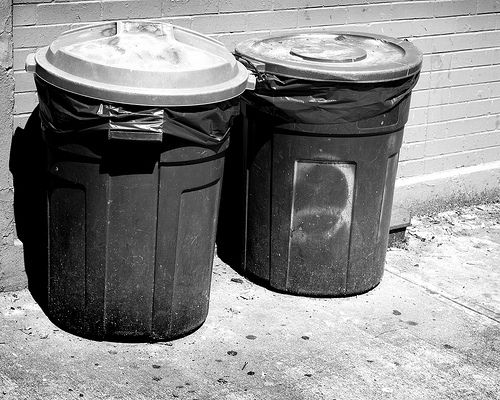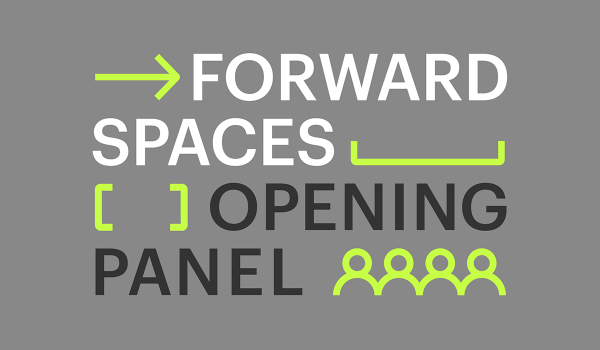A clean, emptied soda bottle makes for easy recycling. All it needs is a container and pickup time, and off it goes. But as the definition of “recyclable” expands, as well as the means and will to recycle, some not-so-pleasant realities enter into the process.
Portland, Ore. may understand this best as it enters its first summer of biweekly trash pickups — a program which has, according the New York Times, reduced waste sent to landfills by 44 percent. For all their good, reduced pickups have meant new problems for residents, haulers and sorters alike.
What officials have called the “ick factor” is perhaps the most immediate concern for residents and haulers as fewer pickups has lead to more odorous garbage and, increasingly, commingled garbage and recyclables.
But whether the problem is a serious matter of public health and safety, or something to which people can adapt, is hotly debated by the people of Portland.
“People are not prepared for this. They should have given us a choice, ” said Portland resident Dee L. Baker to a local news source. Baker cites odor and pests as her major concerns, noting the increase in gulls flying above her neighborhood.
Lauren Norris, a manager for Portland’s Bureau of Planning and Sustainability, sees a more positive reaction. “Just 20 percent of calls to the composting hotline have been complaints,” Norris was reported saying. “The other 80 percent were simply questions about how to make the new system work.”
On the other side of the waste hierarchy, Keith Ristau, president of Portland’s leading sorting company, Far West Fibers, said that in the weeks following the switch to biweekly pickups, there was a 50 percent increase in the amount of garbage mixed in with recyclables.
This seemingly simple organizational change-up — an extension of one week — has lead to serious consideration of the role of individuals in managing their own waste.
Resident Chris Hale, in a letter to the editor of The Oregonian wrote that the new program has forced him to think about what he puts in the trash. “I used to fill one can every week,” he wrote. “Today was trash day and my can was only three-quarters full after two weeks. Most everything that I would have normally thrown out in the past could have been recycled.”
In a way these problems are the result of success and ambition, but for Portland they are problems that must be faced to further divert waste from landfills and increase recycling. How Portland deals with these issues of responsibility and perception could serve as an example for the many cities that follow in its wake toward comprehensive waste management.
















